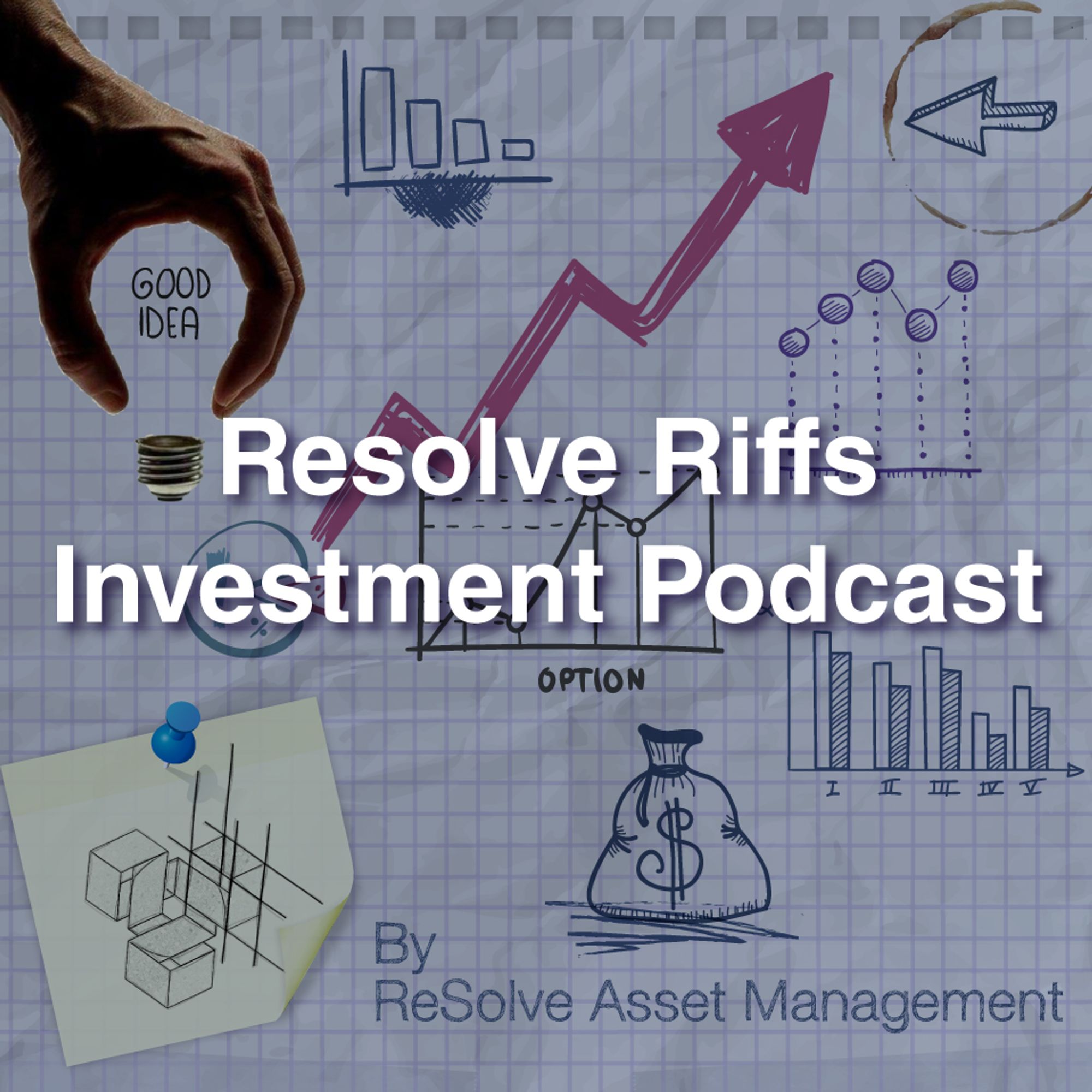Episode 2
Larry Swedroe: Factors for the Long Run (EP.02)
When asked about his past, what Larry Swedroe really wanted was to work with the New York Yankees. That dream died when CBS sold the Yankees to George Steinbrenner on January 4th, 1973.
But another door opened at the same time that would forever change the trajectory of Larry’s life. As CBS was selling the Yankees, the collapse of the Bretton Woods Agreement had unleashed a maelstrom of volatility in the foreign exchange markets, which caused a great deal of trouble for US corporations with foreign operations. Corporate Treasury departments were rudderless and needed people with brand new skill sets to manage the new world order.
Larry was in the right place at the right time. He learned fast, and over the decade following the collapse of Bretton Woods he led some of the largest Treasury and FX operations in the world while managing their FX risk with completely novel instruments like currency and interest rate swaps. Then he moved on to mortgages and was one of the progenitors of the multi-trillion dollar securitized mortgage business.
By the mid 1990s Larry was ready to retire from finance and settle into a university teaching gig. But, he was approached by a group of planners starting an RIA firm and invited to spearhead the investment side of the business. Fama and French had published their seminal paper on the Cross-Section of Stock Returns in 1993 and by 1995 David Booth had launched an asset management firm to commercialize their ideas – Dimensional Fund Advisors.
With the courage and confidence earned from cutting his teeth at the vanguard of two major financial industry innovations, Larry had the conviction to embrace the academically backed “factor” approach from the outset. Over the next couple of decades Larry would go on to write over a dozen books making the case for a disciplined, academic approach to investing. And his firm would grow into one of the largest independent advisory firms in the country.
Larry is obsessed with academic finance. We talked at length about the factor zoo and he described the process he uses to identify the factors that are most likely to continue to produce strong excess returns in the decades to come.
The low beta factor came under scrutiny with Larry expressing a healthy skepticism. He observed that low beta returns have been regime dependent with low beta outperforming when it loads on value characteristics but underperforming when it loads on growth characteristics. The low beta factor portfolio currently loads on growth characteristics. Larry prefers to own quality in value stocks and lower portfolio beta by lowering total equity exposure.
In this episode, ReSolve’s CIO Adam Butler and Larry discuss the pitfalls of single factor strategies because they often load negatively on other premia. Larry shared his story of discussing how to introduce momentum into the DFA value oriented portfolios. He describes how they conceded by holding onto value companies that had moved out of the typical value range so long as they were exhibiting positive momentum. This has been a substantial contributor to DFA’s performance in many products since it was introduced.
It is often the case that “value” strategies are short momentum stocks or quality stocks and vice versa. Larry describes ways in which thoughtful portfolio construction can lead to much more effective long-term performance.
Larry emphasized how important it is to stay up on the literature because the structure of the markets, and our understanding of them, change over time. He uses the example of “book to market” as the classic value screen, but how this metric has become less useful over time as developed economies moved from a mostly industrial base to a service orientation. Today, so much of the value of companies is in brand names and technologies, which aren’t recognized on the balance sheet. He presents a highly counterintuitive case of companies that would have traditionally been considered unattractive but that have outperformed the market by a wide margin.
This conversation turned to how factor strategies performed in 2018 – a “diversification catastrophe”. Larry highlights a common conversation that he’s been having with clients who have been protesting that they don’t have decades for their portfolio to produce the long-term benefits of diversification. He points out why this type of thinking is exactly backwards and presents some shocking material demonstrating just how risky it is to put all of your eggs in the “equity” basket.
Larry believes investing should be founded on three core principals. But I’ll let him explain what they are and why they are so important.
This conversation with Larry is a treasure trove of practical realities about markets and investing. Highly recommended.

